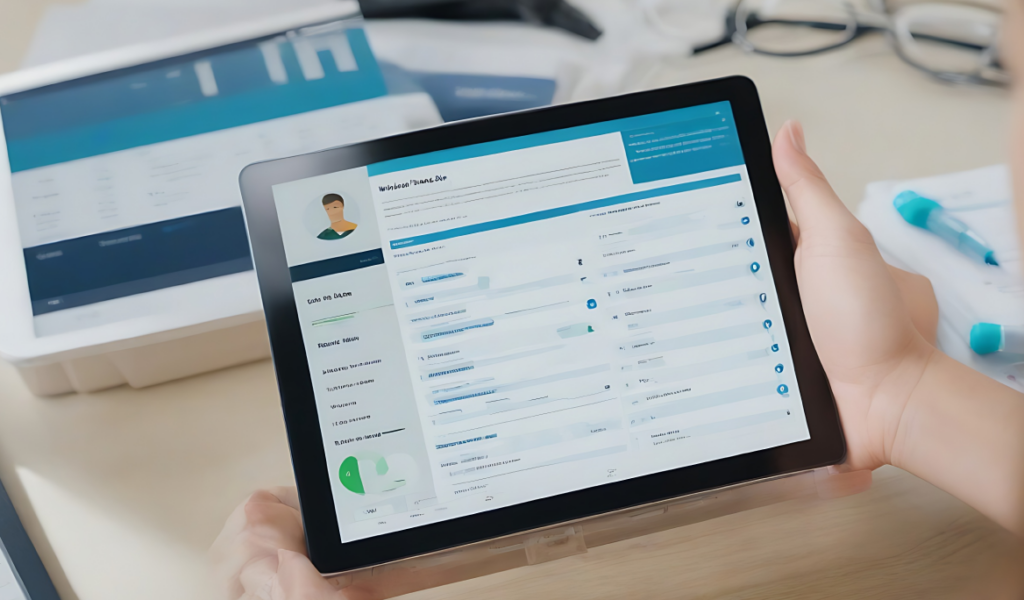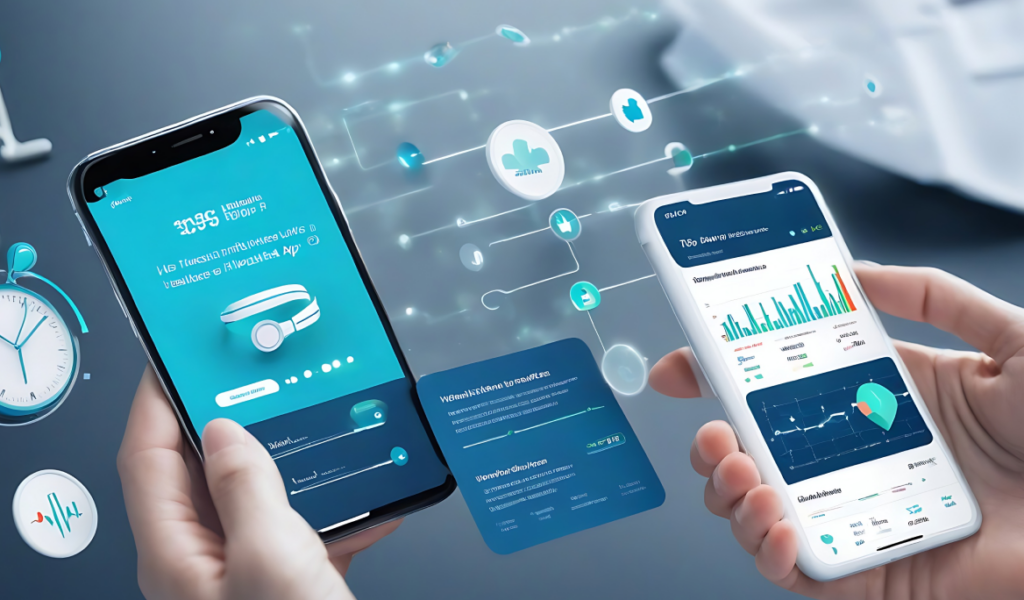Healthcare
Mobile apps have been a lifeline for so many lives for almost two decades. In the healthcare industry, we all began to unlock the true potential of using our smart devices to connect to healthcare. When patients were unable to physically attend health check-ups and appointments, they were forced to do this virtually or over the phone. This was unchartered waters for many private and public healthcare organisations who had to adapt to the global health crisis. Today, remote healthcare has become the norm in our society. eMed (formerly Babylon Health) allows you to video call a doctor anytime, anywhere. Let’s delve into how mobile apps are transforming the healthcare experience for both providers and patients:
1. Enhancing Patient Engagement: Mobile apps play a pivotal role in boosting patient engagement by providing a direct and interactive channel between healthcare providers and their patients. Through secure messaging systems, patients can easily communicate with their healthcare team, schedule appointments, and receive timely updates about their care plans. This fosters a sense of involvement and empowerment, ultimately leading to improved patient outcomes.
2. Real-time Monitoring and Health Tracking: One of the life-changing aspects of healthcare apps is their ability to enable real-time monitoring of patients’ health. Wearable devices such as the Apple Watch are connected to such apps, and can track vital signs, medication adherence and other health metrics. This data is then shared with healthcare providers, allowing for timely interventions and personalised care plans. For providers in the healthcare sector, investing in such technology not only improves patient care but also places their organisations at the forefront of innovative healthcare delivery.

3. Accessibility to Medical Information: Mobile apps empower patients by providing instant access to their medical records, test results, and educational resources. This accessibility not only encourages informed decision-making but also ensures that patients actively participate in managing their health. Establishments in healthcare can leverage these apps to create a transparent and patient-centric environment, fostering trust and loyalty among their clientele.

4. Facilitating Remote Consultations: Especially relevant in the current global context, mobile apps enable healthcare providers to offer remote consultations, breaking down geographical barriers. Patients can consult with healthcare professionals from the comfort of their homes, promoting convenience and reducing unnecessary hospital visits. For healthcare providers, incorporating telehealth services through mobile apps not only expands their reach but also positions their organisation as adaptable and patient-focused.
Mobile apps are not merely technological tools; they are catalysts for a change in the healthcare sector. As healthcare providers managing healthcare enterprises, embracing the potential of mobile apps is imperative to stay ahead in the ever-evolving industry. At Studio14, we specialise in developing user-centred healthcare apps that can enhance patient care and achieve organisational goals.
Speak to our mobile development experts at Studio14 by sending an email to daniel@studio14online.uk.